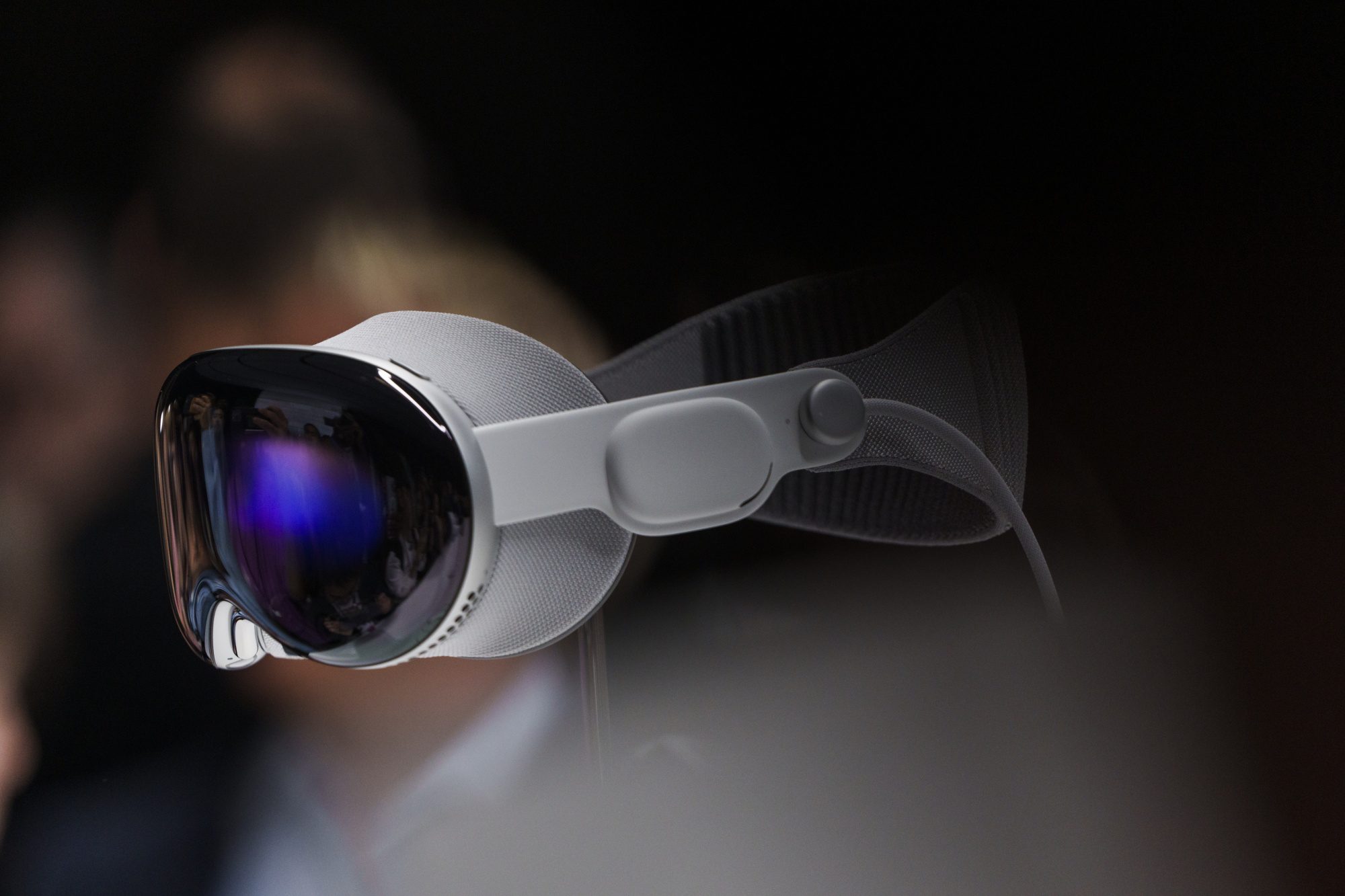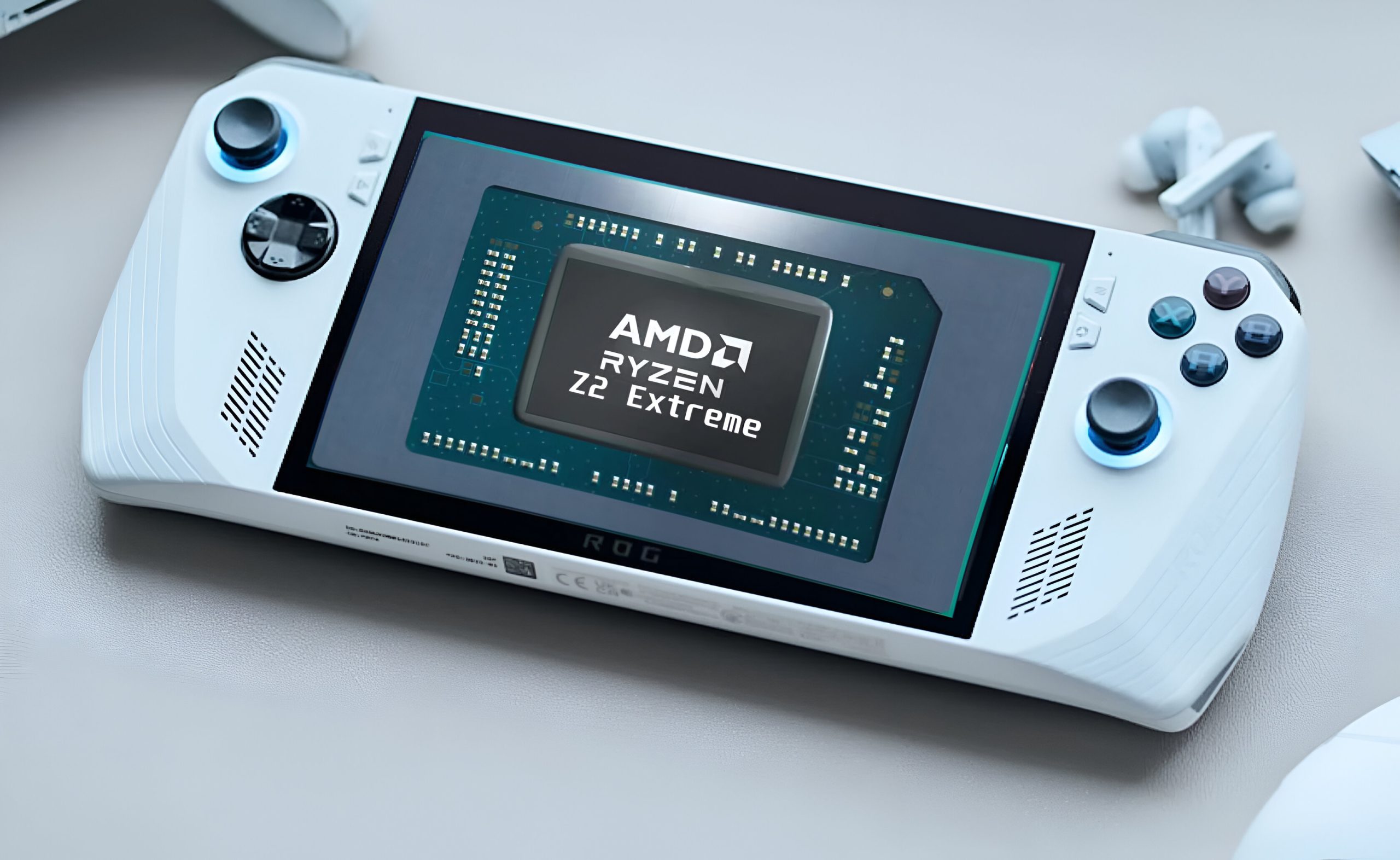Apple Vision Pro: The first-generation Apple Vision Pro is scheduled to go on sale in early 2024, but a follow-up model is apparently in the works at the iPhone manufacturer. According to Mark Gurman of Bloomberg, Apple is concentrating on making the second-generation Vision Pro headset smaller and lighter.
He mentions this in his weekly Power On newsletter. However, shortly after announcing the Meta Quest 3, Facebook-owned Meta is striving to lower the cost of its next headsets.
The Apple Vision Pro, which was introduced earlier this year at Apple’s WWDC 2023 event in June, won’t go on sale for a few more months, but Apple is reportedly already working on a replacement, according to information provided by Gurman. Testing has shown that the Vision Pro’s size and weight have caused neck strain, and the second-generation gadget may feature a lighter and more compact design.
Also see: Bernstein: Prime Video and Disney dwarfs Netflix’s 6.5M India subscribers
Gurman also talks about a few of the other difficulties that the Apple Vision Pro is having, such as people who wear glasses. Users of the first-generation headset will need to buy Zeiss prescription lenses, which will be magnetically attached to the headset. He notes, however, that doing so might make sharing the gadget much more difficult, particularly if two people have various prescription glasses.
A Meta employee informed Gurman that the company was keeping an eye on Apple before the release of its wearable headset the following year. According to reports, Meta has switched away from its metaverse pitch to align itself with its newest competition, Apple. Both gadgets are aimed at users who seek either productivity or gaming.
Also see: Launch of the Samsung Galaxy SmartTag2 with a 700 day battery life
In order to make its next headset more accessible to customers, Meta is aiming to make it less expensive than the Quest 3 while Apple is reportedly seeking to reduce the size of its upcoming headset. Gurman says that the business might accomplish this by charging more for the controls and offering the headset without them.
The recently released Ray-Ban sunglasses from Meta only have the ability to take pictures and videos, make phone calls, and play music; they do not have any augmented reality capabilities. According to Gurman, the company intends to introduce spectacles with AR displays by 2025.
















